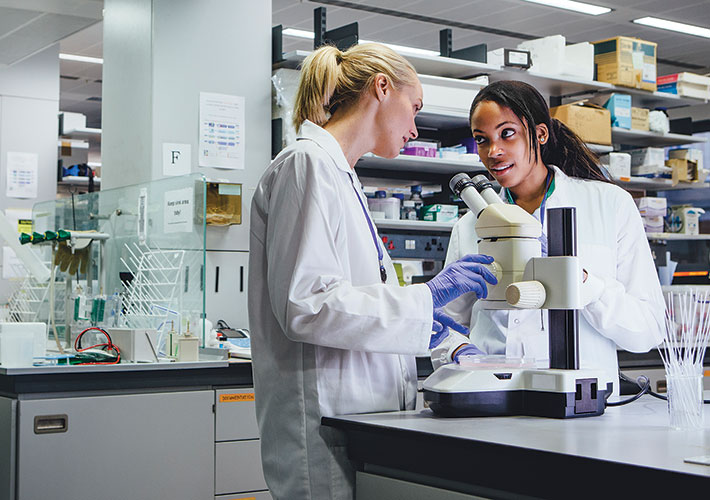
ILS: Making Our Standards Work Better
As you and your ASTM colleagues develop standard test methods, remember that ASTM’s Interlaboratory Study Program is a resource available to all members.
The program, established by the ASTM board of directors in 2004, helps committees determine the repeatability and reproducibility of ASTM standard test methods. An up-to-date precision and bias statement arms the user with extremely important information. It is there to guide the reader regarding the expected variability when the procedure in question is used to test replicate samples within one laboratory or among multiple laboratories. This precision and bias information, supported by a Research Report, helps ASTM’s test methods to ensure transparency, assure certainty in trade, and bolster consumer confidence.
The ILS team works together with ASTM technical committees to help ensure all requirements of Section A21, Form and Style for ASTM Standards, are met. The ILS staff has worked with our technical committees on more than 1,500 test methods resulting in over 500 successfully balloted precision statements to date.
Currently, ILS has more than 300 active programs in areas including, but not limited to: tires, lightbulbs, vacuum cleaners, boat paint, gasoline, caulk, blood, replacement knee joints, gold particles, biodiesel fuels, robots, and much more.
The ILS program offers assistance with:
- Designing an interlaboratory study,
- Identifying potential samples,
- Soliciting volunteer laboratories,
- Finding available suppliers,
- Contracting with distributors,
- Reviewing laboratory instructions,
- Reimbursing shipping expenses,
- Collecting and analyzing data,
- Producing draft precision statements,
- Compiling information for research reports, and
- Providing recognition for participating laboratories.
ILS staff frequently attends committee weeks as a member benefit. According to members who have participated in past studies, the assistance of the ILS team often makes the process run much more efficiently. In fact, nearly 250 of our technical contacts have returned to register additional programs.
ASTM members are always welcome to contact ILS to set up a meeting time to discuss their committees’ needs and how the ILS Program can help.
For more information on the Interlaboratory Study Program, go to: www.astm.org/ILS.
For assistance, contact: ILS@astm.org.
Alayya Arrison is a student at Immaculata University and ASTM’s corporate communcations intern for 2016.
 SN Home
SN Home Archive
Archive Advertisers
Advertisers Masthead
Masthead RateCard
RateCard Subscribe
Subscribe Email Editor
Email Editor